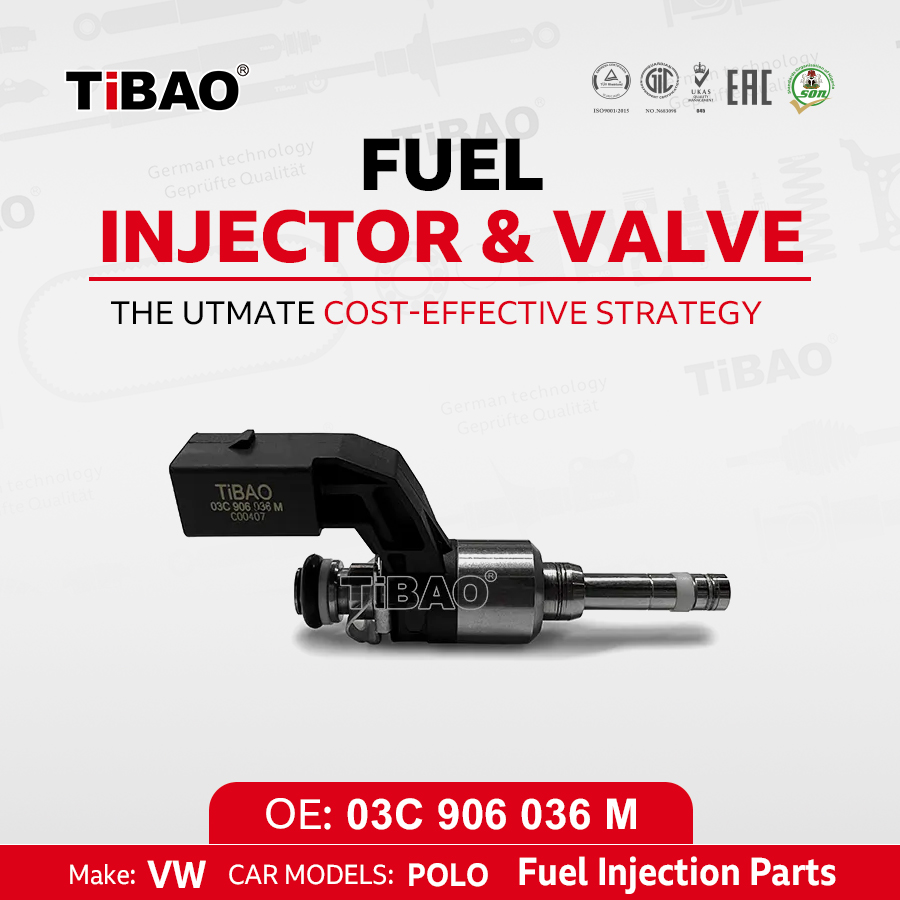When replacing or upgrading fuel injection parts for Volkswagen (VW) vehicles, it's essential to consider the differences across models, engines, and production years. Here are the key points to keep in mind:

Engine Type and Configuration
- Gasoline Engines: Fuel injection systems vary between naturally aspirated engines (MPI) and turbocharged engines (TSI).
- MPI Engines: Use port fuel injection systems; injectors are mounted on the intake manifold.
- TSI Engines: Combine direct fuel injection (DI) with turbocharging, requiring high-pressure injectors and pumps.
- Diesel Engines (TDI): Use common-rail direct injection systems, with piezoelectric injectors for precise fuel delivery.
Fuel Injector Differences
- Fuel injectors differ in flow rates (measured in cc/min or lb/hr) depending on engine displacement and turbocharging level.
- Higher flow rates are required for turbocharged or performance-tuned engines.
- Ensure the replacement injector matches the spray pattern and flow rate needed for your engine.
Model-Specific Notes - VW Fuel Injection Parts
- VW Golf/GTI: Performance models like the GTI/R have higher-flow injectors and advanced fuel pumps compared to base models.
- VW Passat/Jetta: These models often use simpler fuel systems in base trims but may have advanced systems in turbocharged trims.
- VW Tiguan/Atlas: SUVs with larger turbocharged engines require components designed for higher loads.
- VW TDI Models: Diesel injectors and pumps are specific to the TDI engine family and are not interchangeable with gasoline models.
- Always cross-check part numbers based on your VIN for precise compatibility. When upgrading for performance, ensure the fuel system components (injectors, pump, ECU, etc.) work cohesively to avoid imbalances. Consider professional installation or tuning when working with advanced systems like GDI or TDI.